How to start feeding your baby solid foods
How to start feeding your baby solid foods:
The introduction of solid foods has been a changing landscape over the past 10 years with much inconsistent advice from health professional’s due to new research and guidelines both nationally and internationally. Much of the research has been centred around reducing the rates of food allergies which have sky rocketed in the past 10 – 20 years. The latest Australian National Health and Medical Research Council (NHMRC) guidelines have a more relaxed approach around introducing solids compared to previous guidelines which has made starting solid foods with your baby much easier with less rules.
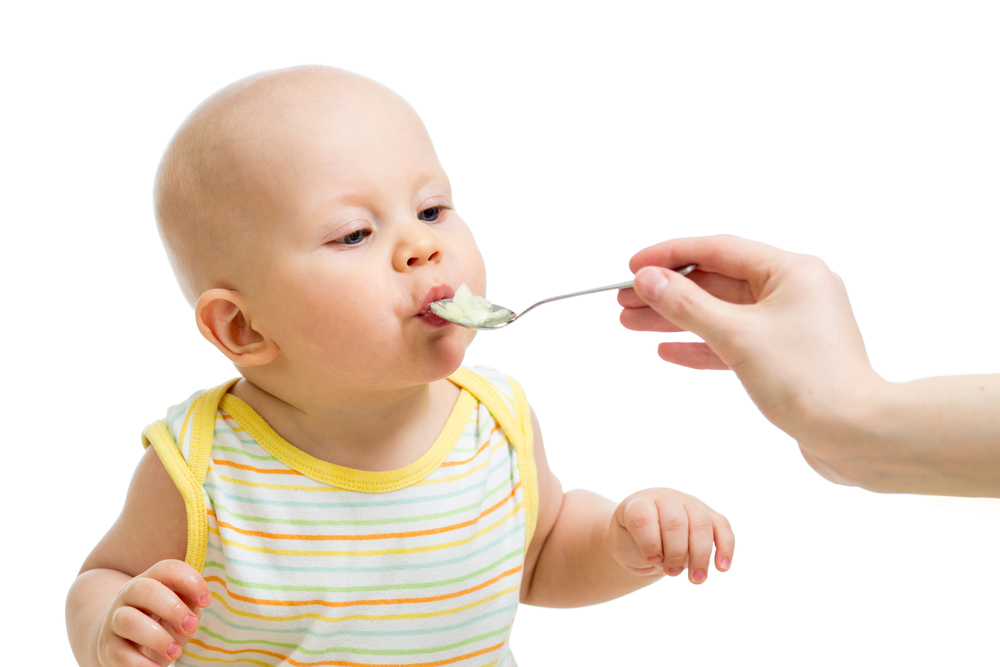
See ‘Is My Baby Ready for Solid Food?’ for more information on when to start solid foods.
Which foods should I start with:
You can start with any foods you would like, the only exception to this is honey until your baby is over twelve months of age due to the risk of botulism, a rare but potentially fatal condition that causes progressive weakness.
DISCOVER HOW TO SURVIVE & ENJOY YOUR BABY!
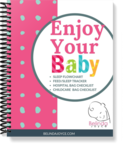 The pack is full of checklists and printables to help you improve sleep challenges with our flowchart, decide what to take to hospital, what equipment is essential, what to put in your nappy bag and so much more
The pack is full of checklists and printables to help you improve sleep challenges with our flowchart, decide what to take to hospital, what equipment is essential, what to put in your nappy bag and so much more
Iron rich and iron fortified foods are a good place to start as iron is important for brain development. In the past, rice cereal was often suggested as the first food and there is nothing wrong with it however once your baby has eaten foods with more flavour they may never want plain rice cereal again, try it yourself, it is very bland but can be mixed in with other foods as a thickener as it is rich in iron. Other forms of iron rich foods are meat, including beef, lamb, pork, chicken and fish as well as tofu and legumes. There is no reason to wait until your baby is older to start meat.
Dieticians believe there is value in giving your baby single flavours to begin with as an educational experience such as sweet potato, pumpkin, carrot, peas, apples, pears but within a few weeks of eating solids start giving family meals whenever possible so your baby gets exposed to variety with different flavours and textures. Only one small meal a day is needed to begin with.
What about food allergies:
The current evidence on food allergy suggests exposing your baby to many different foods early, may reduce the risk of them developing food allergies. This includes cooked egg, nuts (in pastes like peanut butter is safest), wheat and fish. This is still recommended even if a parent or sibling having a food allergy.
Food texture:
The texture of foods given to baby’s needs to be based on their developmental stage, for example young babies from four months of age manage pureed foods better than foods which require more chewing. The first few meals your baby has may include some gagging as he gets used to managing the food in his mouth and moves it to the back of his tongue to swallow. The texture of the puree should be gradually increased to a lumpy consistency by seven months so that your baby learns to chew, these same muscles are used for speech. If you continue to give smooth puree until later many babies will refuse anything with lumps, gag and have difficulty moving in to the next stage. Avoid hard foods such as nuts, raw carrot as these are a choking hazard.
How much food to offer:
In the early days the amount of food most babies consume is very small, you may only start with a teaspoon and gradually increase this based on your baby’s cues. Early feeding is a learning experience and quantity is not important, if your baby only has one spoon full and then closes their mouth and won’t let any more in that is fine. Baby’s often need to be offered a new food many times before they will learn to like it. If your baby wants more give them more, they are very good at knowing when they have had enough, be guided by behaviour. Once they are eating 2-3 tablespoons of food at a time you could introduce another meal.
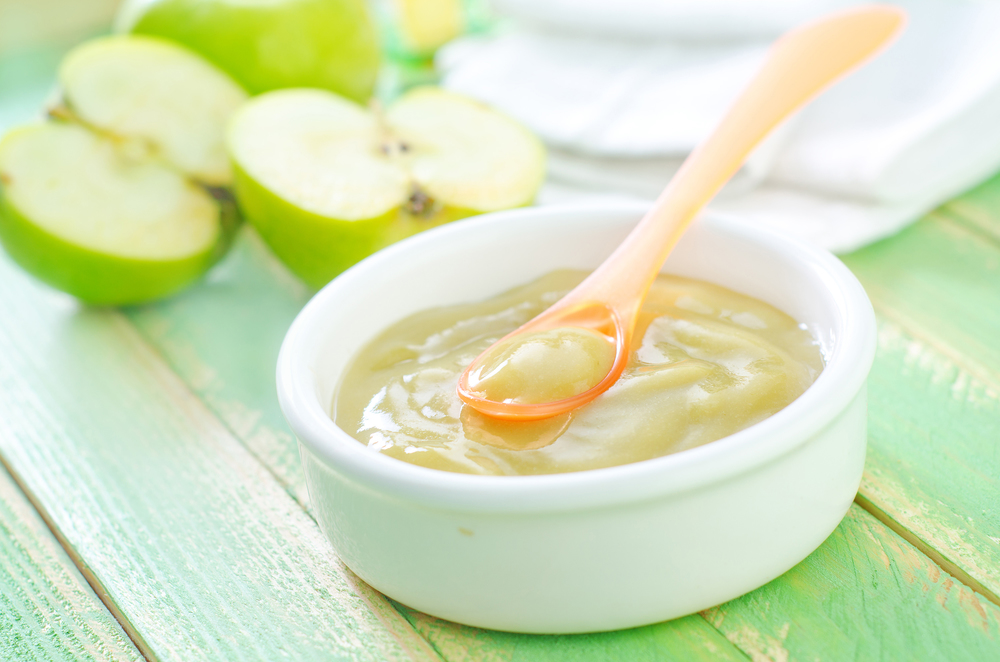
Milk or food first:
In these early days of introducing food, breast milk or formula should be offered first and then food an hour or so later. From around 8-10 months you could offer food first then breastmilk or formula.
It is important for your baby to have foods from all food groups such as fruit, vegetables, protein such as meats and eggs, carbohydrates such as pasta, rice, breads and full fat dairy such as yoghurt and cheese. Many families I see give their baby a mixture of vegetables only every day and this is not giving them all the variety they need for healthy growth and development.
To puree family meals you can use a food processor or stick blender. For example if you are preparing spaghetti bolognese for dinner you can just put some in a food processor and wizz it up into a puree for your baby to try, pasta, meat sauce and all. Some foods need a few tablespoons of boiled water to help them blend smoothly. When you prepare a large meal that purees easily store some extra portions in the freezer for those times when you may have something that doesn’t blend up such as a salad.
You can use full cream cow’s milk on your baby’s cereal and in small quantities in other foods such as mashed potato however breastmilk or infant formula remain your baby’s main drink until 12 months of age.
For more information on feeding your baby see my book ‘Survive and Enjoy Your Baby’ available from all good book stores and Belindajoyce.com.
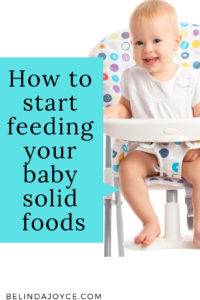
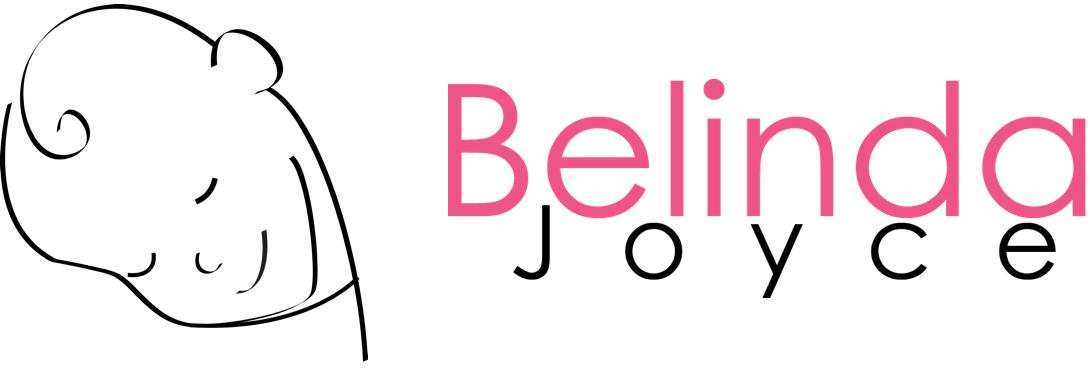
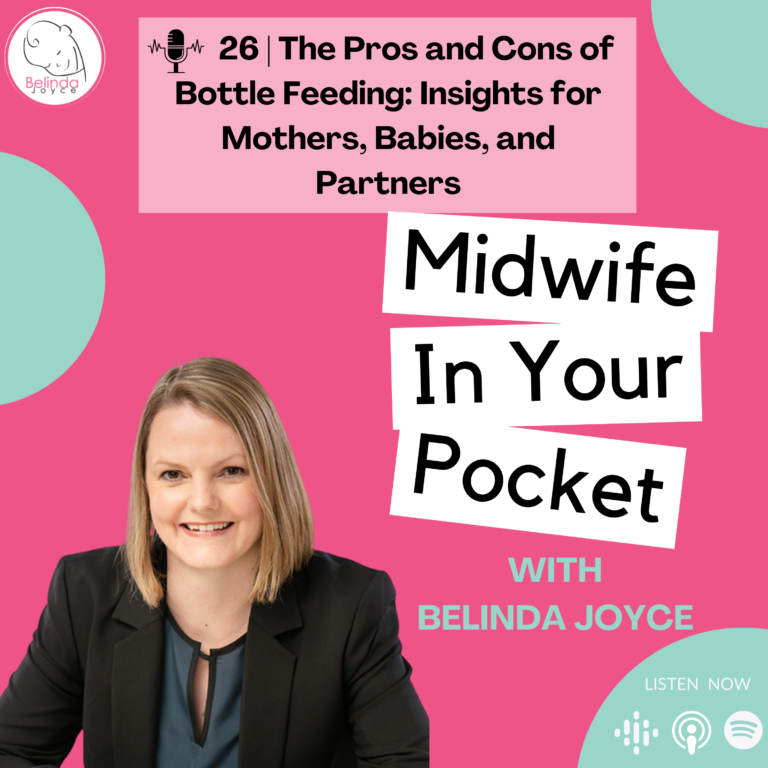

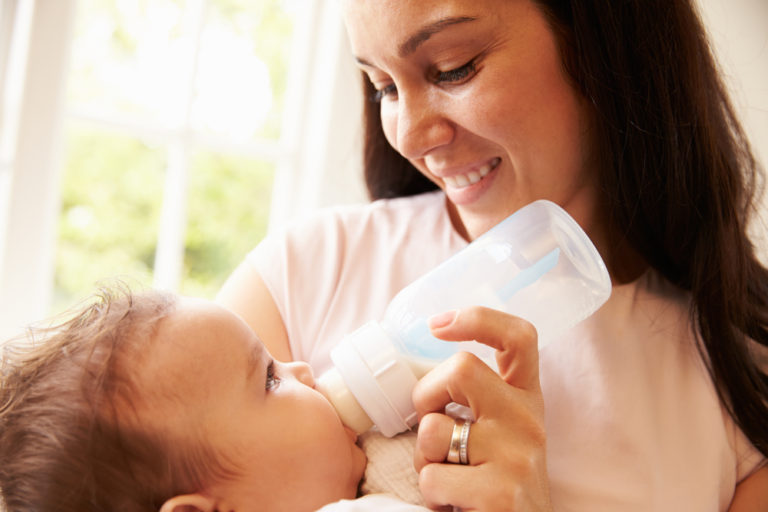
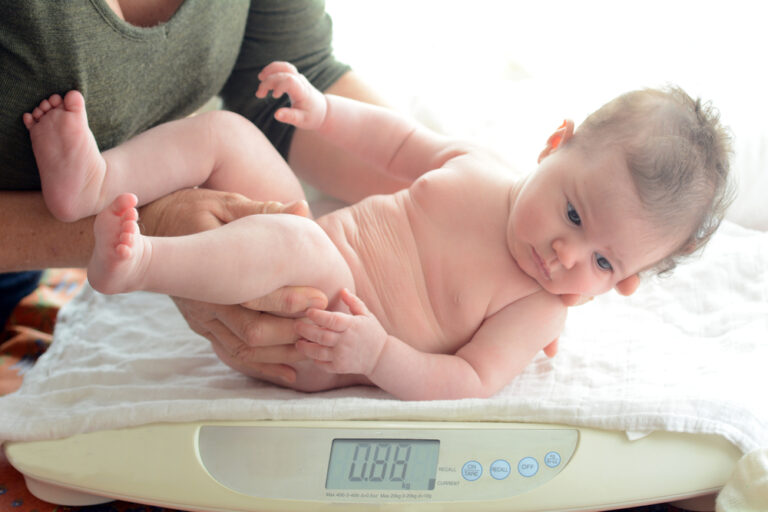

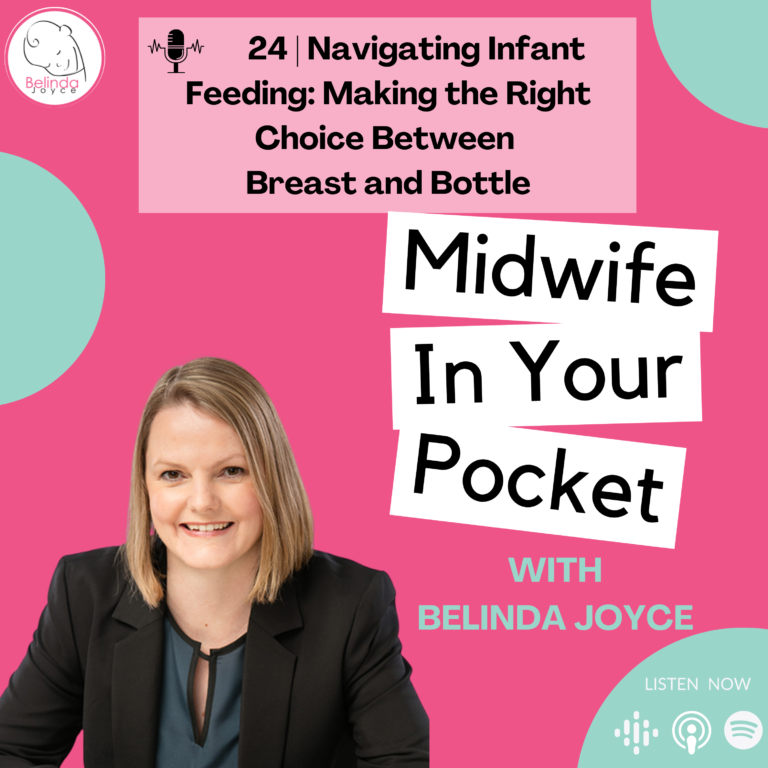
I read somewhere over the internet, that even sushi is ok after 12 months. I found in one guide on ‘how to introduce solid foods to your baby’ suggestion about avocado puree but I was always thinking that it is very allergic so I started to explore this topic and found this sushi information 😉 But I’m still really afraid of all alergic products and I’m being very carefull with dairy and gluten at start.
Hi Florence, Thanks for your comment. Many parents are worried about introducing new foods due to allergies. The research is now showing that an early introduction of most allergenic foods appears to be protective even if there is a family history of allergy.
I would avoid raw fish in sushi however the other ingredients would be fine to try, watch out for raw carrot as this could be a choking hazard.
Avocado puree is a great food to try, mashes up easily and is a super food. Dairy and gluten should be included in a healthy diet, you can put some full cream cows milk on cereal, in a puree or in mashed potato. Gluten is in wheat and so would be in pasta and bread, you can blend up a pasta and sauce dish such as spaghetti bolognese for a young baby and expose your baby to this then.
If your baby shows any signs of food allergies, see you family doctor for more information.
Introducing food should be fun, try to keep it social and a relaxed time you can enjoy together.